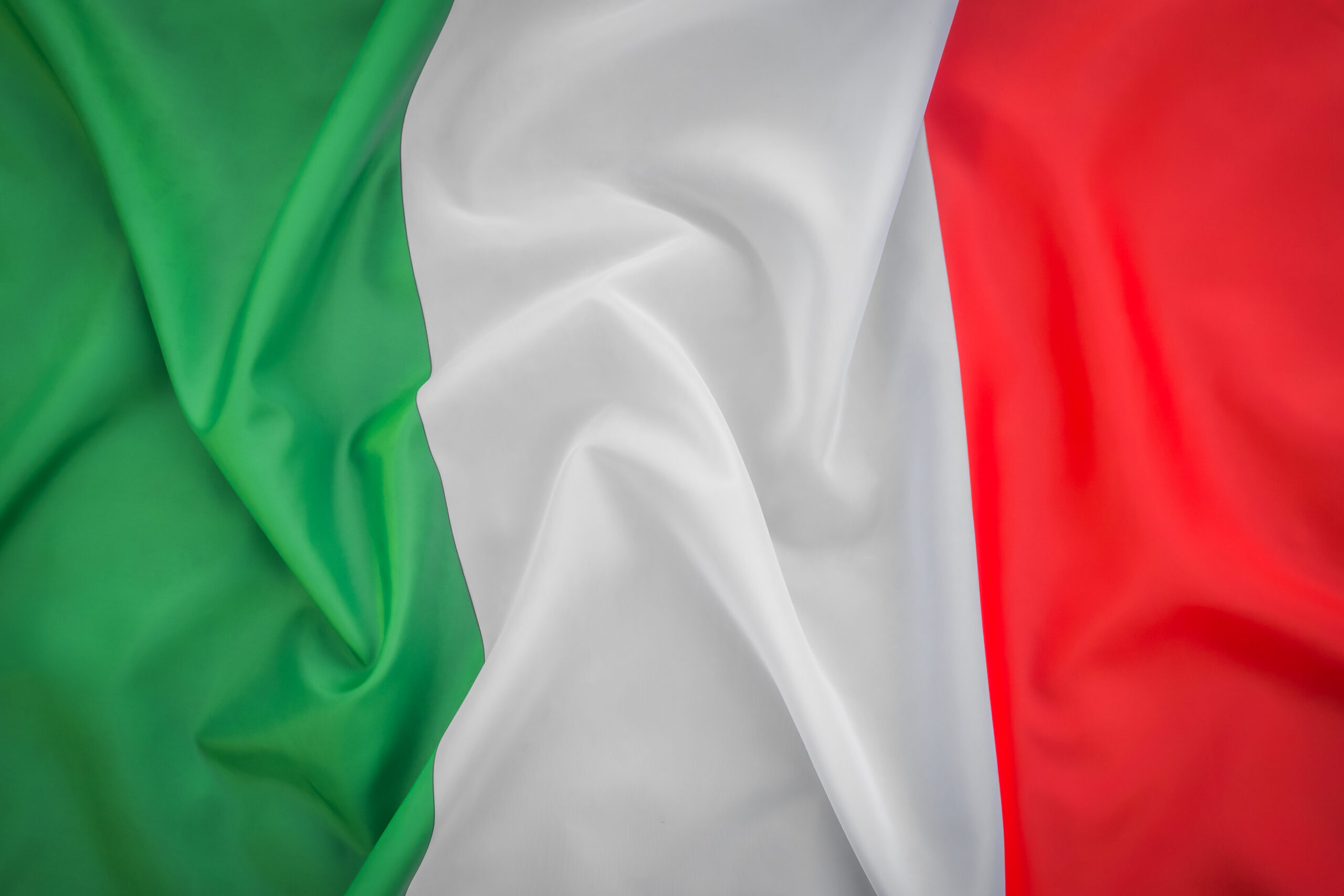
Online and offline gambling in Italy is legal, but strictly regulated. There are many forms of legal offline and online gambling available in Italy. Making sure consumers always have ample options.
But how does legal gambling in Italy work? And how can you precisely gamble in Italy? Read along in this article of QMRA!
Gambling in Italy, offline options
Both online and offline gambling is permitted for operators which hold a valid license. These licenses can be obtained by succesfully going through the license application of the Agenzia delle Dogane e dei Monopoli (ADM) the Italian gambling authority and watch dog.
Land-based
Italy’s offline gambling sector is legal and highly structured. Four land-based casinos operate in Venice, Sanremo, Campione d’Italia, and Saint-Vincent. These casinos run under special municipal concessions and are supervised by the ADM. Their legal framework is defined under Italy’s Public Security Law (TULPS), ensuring strict state oversight.
Sportsbetting
Retail sports and horse race betting are also fully legal, thanks to the Bersani Decree of 2006, which opened the market to both domestic and foreign operators under stringent eligibility criteria. There are now thousands of authorized betting shops across Italy. Bingo was legalized in 1999 under a licensing model and continues to operate under the same framework.
Lottery
Italy’s lottery system includes widely known games like Lotto, SuperEnalotto, and “Gratta e Vinci” (scratch cards). These are operated by private companies such as Sisal and Lottomatica through government-awarded concessions.
Online gambling in Italy
Italy legalized online gambling in 2006 and fully regulated it under Law No. 88/2009. Licensed operators can offer casino games, poker, sports and horse betting, bingo, and betting exchanges. The Agenzia delle Dogane e dei Monopoli (ADM) actively enforces compliance, covering age verification, responsible gambling tools, data protection, and anti-money laundering (AML) requirements.
In 2024, the Italian government launched a sweeping overhaul of the online gambling framework. Lawmakers imposed a 3% annual tax on gross gaming revenue (GGR), with an additional 0.2% earmarked for responsible gambling programs.
The new rules demand that operators host their servers within the European Economic Area (EEA) and limit each license to just one website and one app. These stricter conditions aim to shrink the number of active licensees, from nearly 90 to fewer than 50, while improving market transparency and control.
Online advertising and affiliate marketing
In 2018, Italy enacted the Dignity Decree, introducing one of the most restrictive gambling advertising bans in Europe. The law prohibits all gambling-related ads across TV, radio, digital media, social platforms, and sports sponsorships.
Although affiliate marketing remains technically legal, the law places heavy restrictions on it. Affiliates can no longer promote gambling through persuasive language, bonuses, or calls to action. Instead, they must stick to neutral, factual descriptions of licensed services.
What Players and Operators Should Know
Italian residents and tourists can legally gamble online and offline, but only with operators licensed or concessioned by the ADM. Players must verify that platforms are ADM-authorized and follow Italian law. These sites must provide robust consumer protection tools, including self-exclusion options, session limits, and ID verification.
Operators and affiliates face a high bar for entry. The combination of strict licensing, regulatory oversight, and advertising bans means only serious contenders thrive. To operate legally, businesses must:
-
Hold a valid ADM license or government concession
-
Base their infrastructure within the EEA
-
Adhere to AML and data protection rules
-
Refrain from all direct or promotional advertising
-
Contribute to responsible gambling programs
Failing to comply can result in hefty fines, criminal penalties, or license revocation.
Take a gamble in Italy
As established gambling is legal in Italy, online and offline. Italy’s well-regulated market sets a high standard for transparency, consumer protection, and legal compliance. Recent reforms have made it harder to enter but safer to participate. With rising licensing costs and ongoing advertising restrictions, operators and affiliates must take a legally informed and well-planned approach.
Want to be sure to only play at the best and legal online casinos? Than use one of the affiliates associated with QMRA! Our affiliates are thoroughly checked based on local legislation, and adhere to the highest standards in iGaming affiliation.

